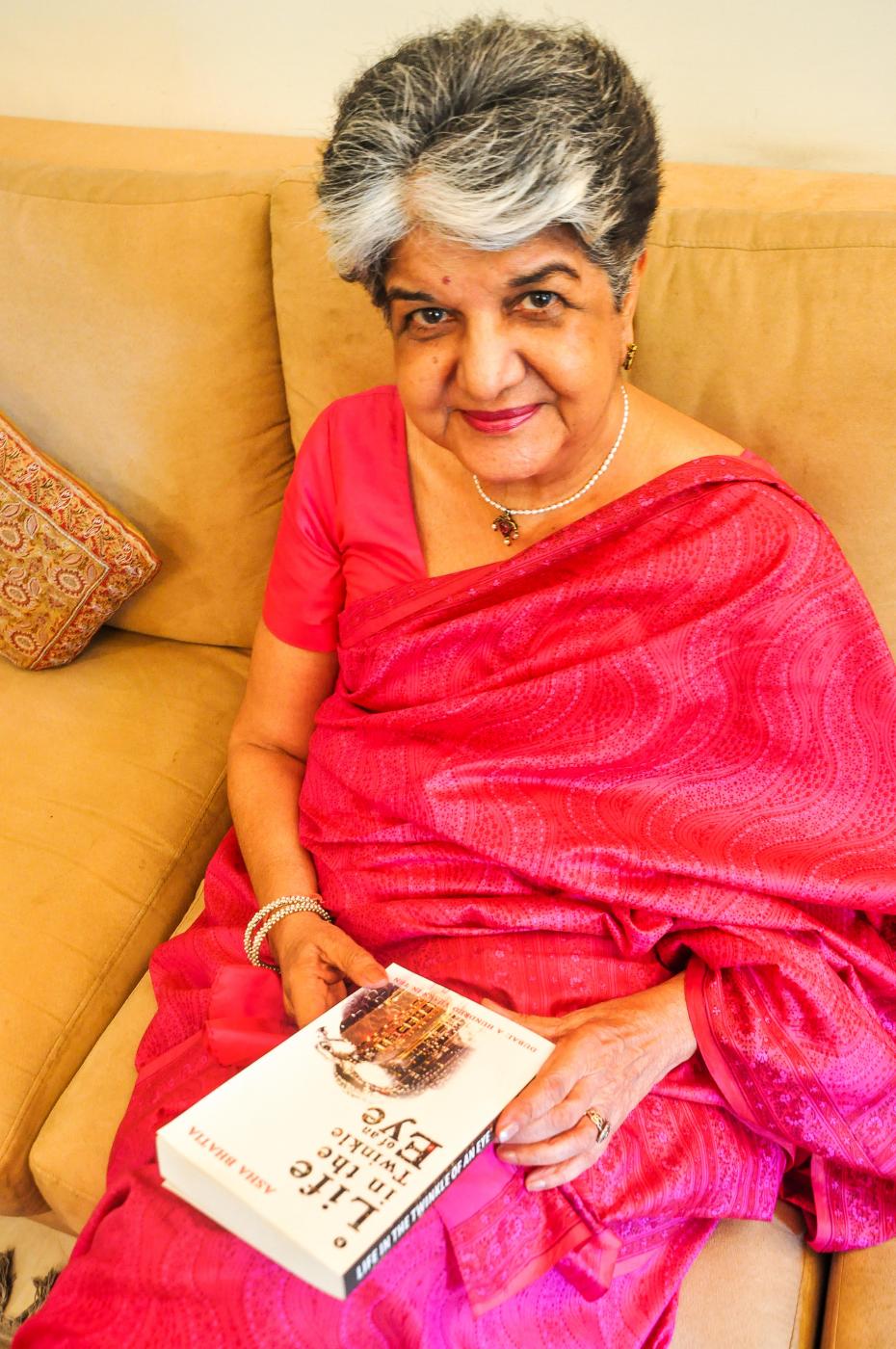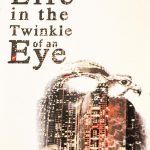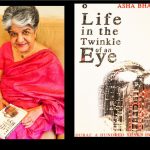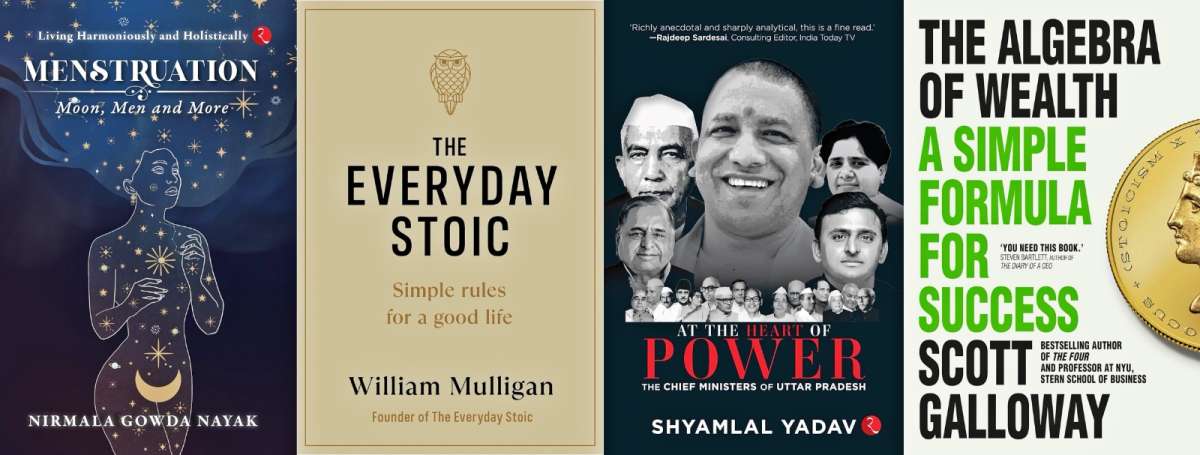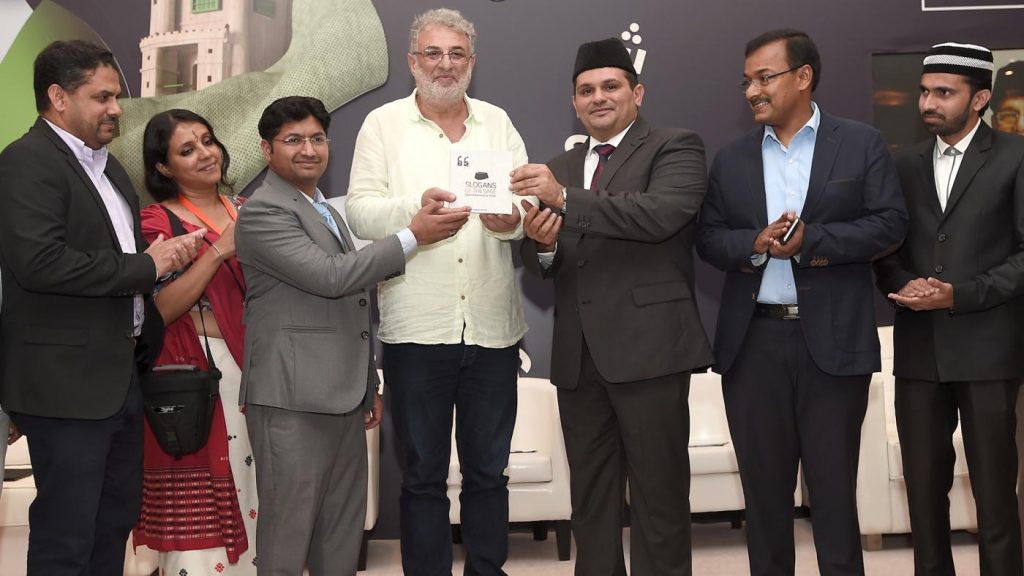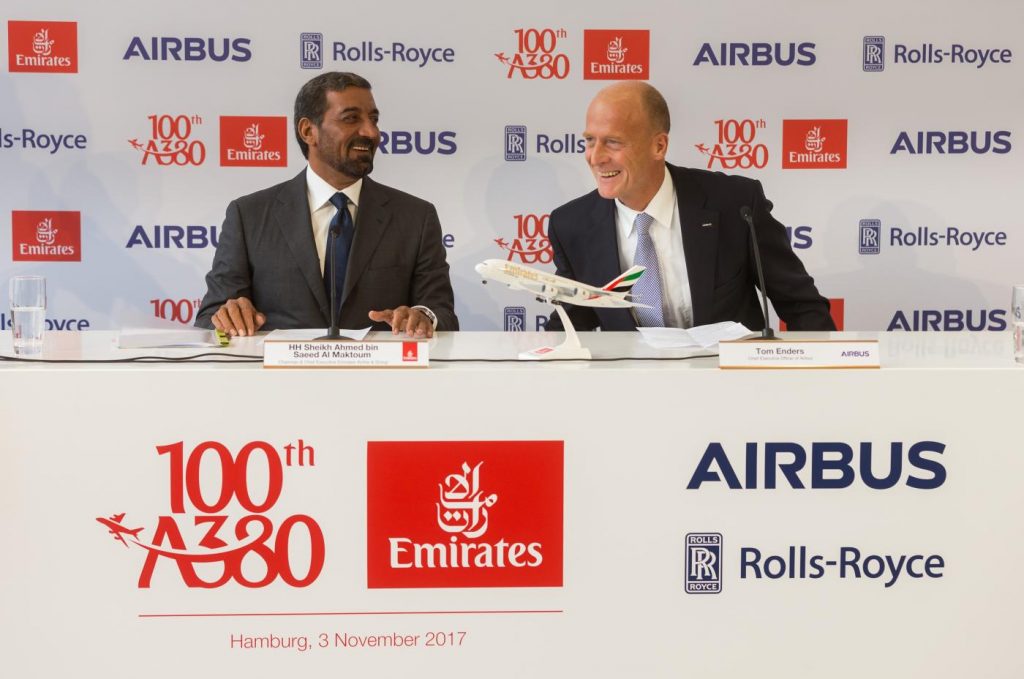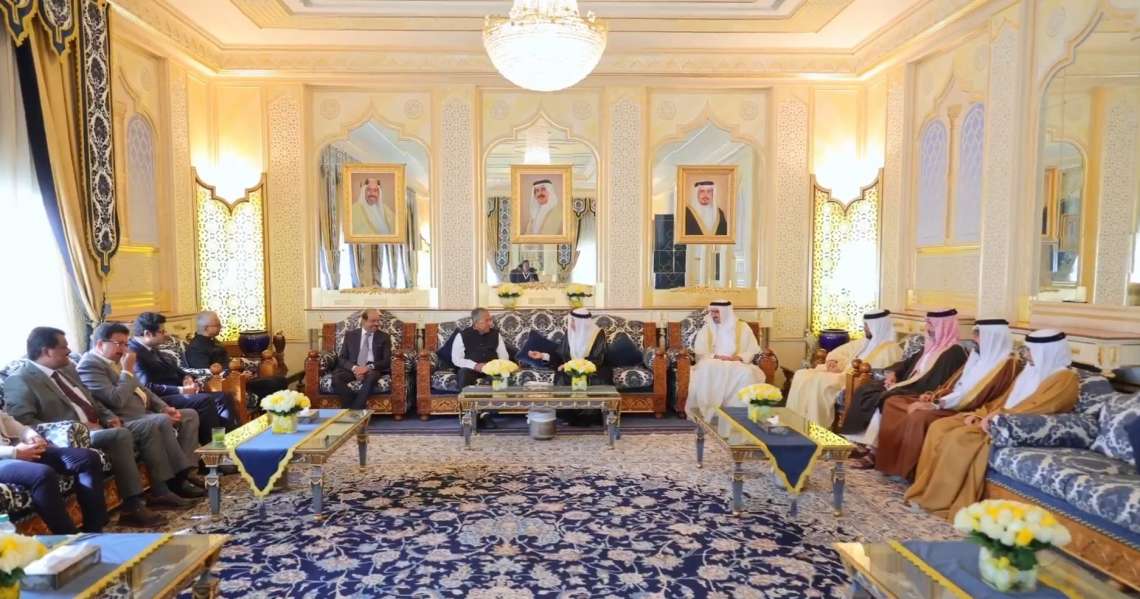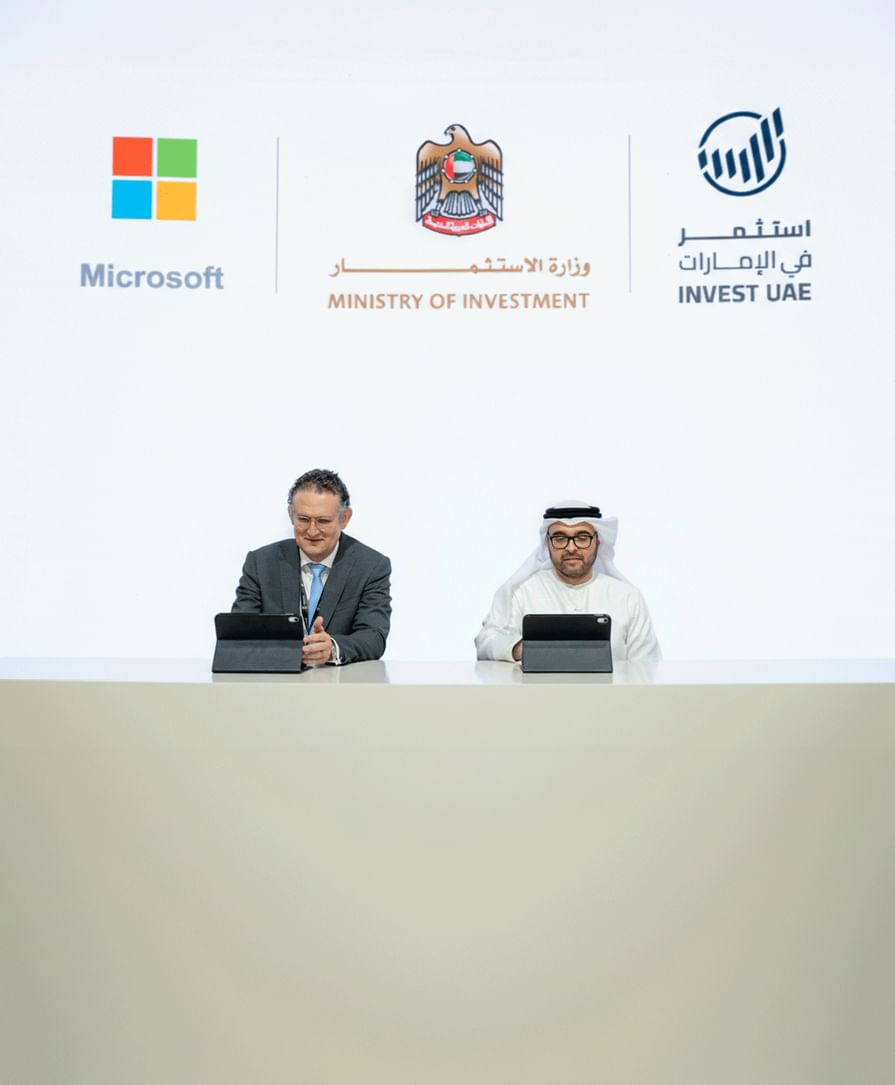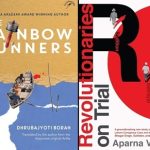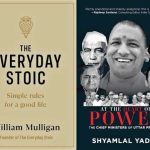There are very few places in the world as misunderstood as the Middle East. Century old stereotypes continue to plague their image. Now, a scintillating first person account of life in one of Middle East’s most enigmatic places – Dubai by an Indian-origin journalist Asha Bhatia, who has worked there for over three decades, paints quite an interesting modern picture of life and times there. Her book “Life in the Twinkle of an Eye – Dubai: A Hundred Years in Ten” just hit the stands. In an exclusive interview with Richa Grover, Bhatia who has interviewed legends like Mohammad Ali to Indira Gandhi, Bjorn Borg to Tina Turner says the Middle East isn’t at all about wealthy sheikhs and sand dunes. Excerpts:

1) Why did you write this book? When did you start and how was the entire experience?
I wrote this book because I had been asked by many local and expatriate residents of Dubai to write about how the megacity of Dubai has changed and developed over the last 35 years that I lived there. The city developed at a phenomenal pace and advanced in 10 years what other cities would have taken a 100-years to accomplish. Life changed very rapidly and the modifications had to be recorded for future generations to know where they came from – what were their roots? The pace of development was rapid and the fear was and is that history would not record what it had been like to live in the desert, how the people adapted to the seven-star culture and how it endangered or changed their values.
It took me a little over two years to write ‘Life in the Twinkle of an Eye’ and my reference was my articles written in the Gulf News and other publications over a period of 30 years.
2) What is it to be an Indian in Dubai? How much are they trusted, respected, looked up or down upon?
 The Indians are considered hardworking, trust worthy and family minded. Their main purpose for coming to work in Dubai is to earn well and give their families at home, especially the children, better education and opportunities in life. Indians are considered to be loyal to the people or companies they work for and generally stay in the job for a number of years. The overall impression is that they can be relied upon.
The Indians are considered hardworking, trust worthy and family minded. Their main purpose for coming to work in Dubai is to earn well and give their families at home, especially the children, better education and opportunities in life. Indians are considered to be loyal to the people or companies they work for and generally stay in the job for a number of years. The overall impression is that they can be relied upon.
3) Are Indians looked down upon and treated like second class persons?
Indians are the largest expat group in Dubai and the UAE has had ties with India going back several centuries. Indian nationals fit into every strata of society in Dubai from laborers, skilled labor, maids, domestic help, doctors, nursing staff, teachers, accountants, lawyers, merchants, business owners, bankers and teachers – in short, the whole gamut of the working population. The lower echelons of society were not treated fairly initially but today a lot has changed – there are proper work contracts and the Indian Consulate is part of the whole permission exercise. A deposit is also given to cover the airfare back to India in case the individual has to be repatriated.
4) How much can a person’s perception change about the Middle East after reading the book?

I think there is a lot of misconception about the Middle East the world over. People listen to here-say and form an opinion without finding out the real picture themselves. I hope the fact that the book tells the story of a young family who came to live in Dubai for what was to be a four year assignment and then stayed back for over 35 years – their trials, their tribulations, their joys and sorrows will describe how normal their lives were.
A stranger who read the book recently told me that she had transited at Dubai Airport several times but never had the desire to stop over for a few days. “Your book is an eye opener and the next time I transit in Dubai I will stop over for a few days. There seems to be a lot to see and do there – reading Life in the Twinkle of and Eye has whet my appetite to visit this city,” she told me. I am sure the book will resonate with others in a similar way.
5) What are the top misconceptions people have about the Middle East?

The answers are based on my experience in Dubai and no other Emirate in the UAE or country in the Middle East.
- a) Misconception – The local women are illiterate and confine themselves to their homes.
The local Dubai lady is educated, has business acumen and in most instances runs and manages her own business unconnected to her husband or family.
- b) Misconception – Women are not allowed to drive.
Women of all nationalities are permitted to drive in Dubai. Nationals from the USA, UK and European countries are given a UAE driving license instantly on presenting their country’s license. All other nationalities have to pass the UAE driving test which is quite stringent. Some clear it in the first attempt but others re-sit the test several times.
- c) Misconception – Women have to wear the burkha and cannot go out unless accompanied by a male family member.
Today local women have total freedom. They go to restaurants, cinema, shopping malls, events with other women or on their own. This took a longtime coming but over the period of 35 years, while I was in Dubai, it happened slowly but surely.
- d) Misconception – The local police are very strict and if you are caught doing the wrong thing you are thrown into jail with no hope of help from a lawyer or your consulate.
The law in the UAE is very strict but not so restricting. If you live within the law you have nothing to fear, however should you step out of line the punishment could be harsh. It is important to remember that you are living in a police state and if you do not follow the rules you could get into trouble. Every day could be your last day but saying that there is a great attitude of ‘live and let live’ as long as you toe the line. If you do get into to trouble you do have an opportunity to speak to your lawyer or an officer from your country’s Consulate.
- e) Misconception – Dubai is unsafe. Women hesitate to drive late at night.
When I first came to live in the UAE we never locked the door of our house or the doors of our cars. It was the closest I have seen of a crime free society especially where petty crime was concerned. Today as the population has grown and there are so many different nationalities you do lock your home and your car and lock your precious items at home. There is crime but lower in scale to other cities.
 I have never had qualms of driving at night in Dubai – even if it is after midnight. Should you get stuck due to any reason there is always help at hand and the Police are very vigilant and will see that you reach home safely. Often if you pull up on the side of the road with a flat tyre morning, noon or night a local Dubai gentleman will stop and have no hesitation in changing the tyres for you.
I have never had qualms of driving at night in Dubai – even if it is after midnight. Should you get stuck due to any reason there is always help at hand and the Police are very vigilant and will see that you reach home safely. Often if you pull up on the side of the road with a flat tyre morning, noon or night a local Dubai gentleman will stop and have no hesitation in changing the tyres for you.
My personal experience was favorable. I always dressed in a sari and was nine to one a Hindu. I received courteousness, polite and civil treatment where ever I went. I interacted with people from all walks of life, a mix of nationalities and cultural groups in my work and social life. I felt no discrimination.
6) What about the treatment of women in Dubai – are they actually closed to the idea of freedom and freedom of expression of a woman?
Initially, the freedom and freedom of expression of women in Dubai developed slowly but eventually rapidly. Initially they were veiled and did not mix with the expat population but slowly development took place. The freedom came from driving, from writing in the newspapers and being able to express their views and frustrations. Ultimately it was the invasion of Kuwait by Iraq that brought CNN into our drawing rooms and the whole atmosphere changed for everyone.
7) What makes Dubai such an exciting place to stay?
The essence of Dubai is progress, modernization and a knack of taking every opportunity and as far as possible making it work. They pride themselves and make sure their work is efficient and of a very high standard. It is a city bubbling with life always ready to take on a challenge.
Dubai is also a very tolerant country as long as you follow the law and live with its confines. There are temples, churches and gurudwaras. There is no restriction on people following their faith.
8) Name five of your favourite authors and why?
They are thus
- a) W. Somerset Maugham ‘Of Human Bondage’ published in 1915 was described by the influential American novelist and critic, Theodore Dreiser as ‘a work of genius and comparing it to a Beethoven symphony.’ The book has never been out of print.
- b) John le Carre ‘The Spy who came in from the Cold’ – The plot of this book is said to be assembled with more precision than a Swiss Watch. It is a favourite Le Carre and gets better with each re-read.
- c) Siddhartha Mukherjee ‘The Gene’ – Spanning the globe and several centuries ‘The Gene’ is the story of the quest to decipher the master-code that makes and defines humans, that governs our form and function.
- d) Atul Gawande ‘Being Mortal’ – He understands his patients beyond their illnesses. Medicine has triumphed in modern times transforming the dangers of childbirth, injury and disease from harrowing to manageable. But when it comes to the inescapable realities of aging and death, what medicine can do runs counter to what it should.
- e) Aravind Adiga ‘The White Tiger’ – The author says ‘The White Tiger’ was to capture the unspoken voice of people from the impoverished areas of rural India.
These are some of my favorites. The list is endless and changes all the time. The enjoyment of a book depends on your frame of mind when you read it, and how you relate to the author. If he or she can pull you into the web of the story then they have captured you till you finish the book. It also depends on how much time you have – if you stop and start a novel with interruptions you lose the thread and the enjoyment.
9) What can you do to improve the image of the Middle East?

I think many people have pre-conceived notions of the Middle East and they should take the trouble to read more about the area or talk to people who have lived there. Dubai has had much more exposure but more is needed. The best way is for people to write about their experiences to educate others who have never visited.
10) Tell me some interesting laws that exist in Dubai that you think help that country. Some India can adopt maybe?
I would refer to only one point which is the role of women. Women may have been in purdah in the past but they have always been treated kindly and with respect. If there is a long queue at for instance Immigration women and children are generally always asked to go ahead. This applies in most spheres of public life. If India adopted this attitude it would be marvelous.
11) Who are the most interesting characters in history you have ever interviewed
Tennis legend Bjorn Borg
Singer Tina Turner
Boxer Mohammad Ali
Bollywood icon Amitabh Bachchan
Indira Gandhi and her Cabinet
Ronald Codrai

